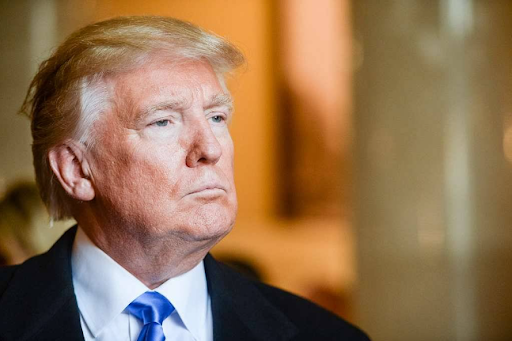Despite the fanfare surrounding President Donald Trump’s Mideast peace tour, the core issue fueling a century of conflict—Palestinian statehood—remains the ghost at the negotiating table. While Trump aims to build on the Gaza ceasefire to forge wider Arab-Israeli ties, the goal of an independent Palestinian state appears more distant than ever, threatening to undermine any long-term stability.
The news analysis highlights a stark contradiction: while international recognition for Palestinian statehood is growing, actions on the ground make it a practical impossibility. Israel’s rapid expansion of settlements across the occupied West Bank continues unabated, while millions of Palestinians live under Israeli rule without basic rights. This reality is a primary obstacle to the very regional peace Trump seeks.
The kingdom of Saudi Arabia, a key target for the expansion of the Abraham Accords, has consistently linked normalization with Israel to a resolution of the Israeli-Palestinian conflict. This makes the Palestinian question not a side issue, but a central impediment to Trump’s grander geopolitical ambitions.
The current ceasefire deal, while providing critical humanitarian relief to Gaza, does not address this fundamental political problem. Negotiations over post-war governance for Gaza have yet to produce a clear plan, let alone one that integrates the territory with the West Bank under a unified and sovereign Palestinian leadership.
As Trump meets with Israeli and Arab leaders, he will be promoting a vision of economic and security cooperation. However, until the legitimate political aspirations of the Palestinian people are addressed in a meaningful way, any peace built in the region will remain fragile and incomplete, haunted by the unresolved question of statehood.
Palestinian Statehood Question Haunts Trump’s Peace Efforts
10

